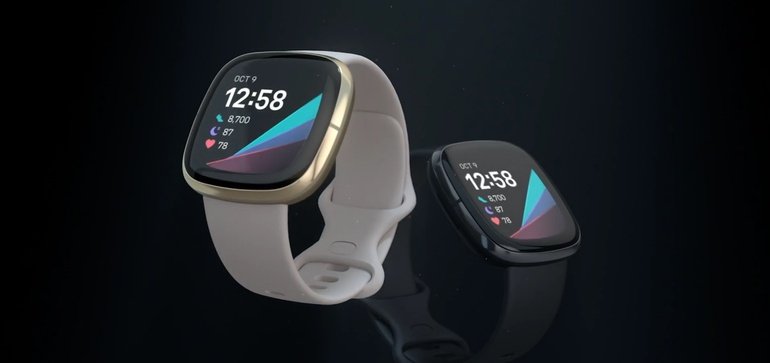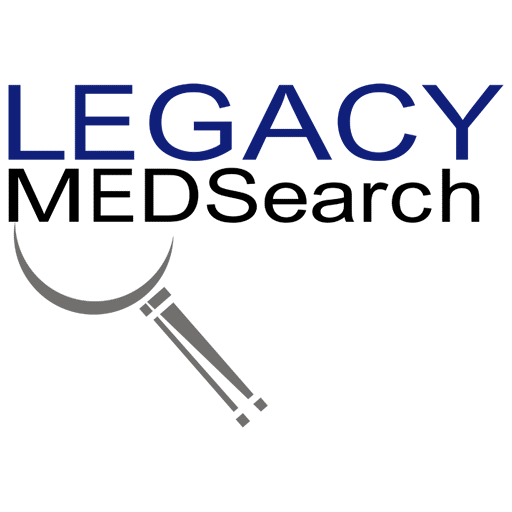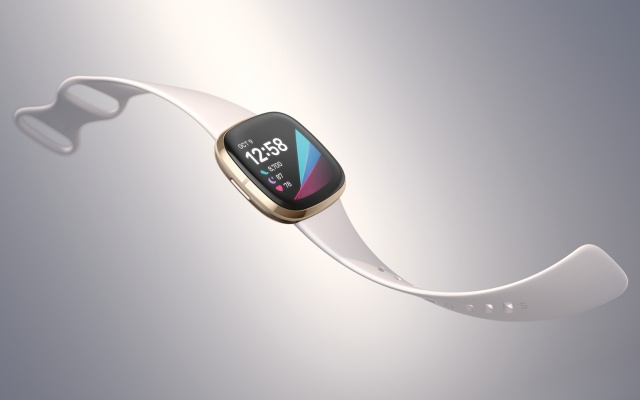Medical device and MedTech insights, news, tips and more
Fitbit Wins FDA 510(k) Clearance and CE Mark for ECG App
September 14, 2020

Fitbit has received 510(k) clearance from the U.S. Food and Drug Administration (FDA), as well as Conformité Européenne (CE)marking in the European Union, for its electrocardiogram (ECG) app to assess heart rhythm for atrial fibrillation (AFib), a condition that affects more than 33.5 million people globally. The Fitbit ECG App, unveiled in Fitbit’s recent fall product launch, will be available in October 2020 to users on Fitbit Sense™ in the following countries: the United States, United Kingdom, Germany, Austria, Luxembourg, the Netherlands, Sweden, Switzerland, Czech Republic, Poland, Belgium, Portugal, Romania, Ireland, Italy, Spain, France, Hong Kong and India.
Heart disease continues to be the leading cause of death worldwide, despite being one of the most preventable conditions. AFib, an irregular heart rhythm that increases the risk of serious complications like stroke, can be particularly difficult to detect, as episodes can sometimes show no symptoms. Some studies suggest that as many as 25 percent of people who have an AFib-related stroke find out they have AFib only after a stroke has occurred.
“Helping people understand and manage their heart health has always been a priority for Fitbit, and our new ECG app is designed for those users who want to assess themselves in the moment and review the reading later with their doctor,” said Eric Friedman, Fitbit co-founder and CTO. “Early detection of AFib is critical, and I’m incredibly excited that we are making these innovations accessible to people around the world to help them improve their heart health, prevent more serious conditions and potentially save lives.”
As part of the submission process to regulatory agencies, Fitbit conducted a multi-site clinical trial in regions across the U.S. The study evaluated our algorithm’s ability to accurately detect AFib from normal sinus rhythm and to generate an ECG trace, or recording of a heart’s electrical rhythm, that is qualitatively similar to a Lead I ECG. The study showed that the algorithm exceeded target performance, demonstrating the ability to detect 98.7% of AFib cases (sensitivity) and was 100% accurate in identifying study participants with normal sinus rhythm (specificity).
Fitbit’s new on-device compatible ECG app helps analyze the heart’s rhythm for signs of AFib. ECG is a measurement of the electrical activity of the heart, and the Fitbit ECG App is a simple way people can take an on-the-spot reading of their heart rhythm at any time, including whenever they notice any unusual cardiac symptoms.
“Physicians are often flying blind as to the day-to-day lives of our patients in between office visits. I’ve long believed in the potential for wearable devices to help us stay better connected, and use real-world, individual data to deliver more informed, personalized care,” said Dr. Venkatesh Raman, interventional cardiologist at MedStar Georgetown Hospital and Principal Investigator for the U.S. clinical study on Fitbit’s ECG App. “Given the toll that AFib continues to take on individuals and families around the world, I’m very enthusiastic about the potential of this tool to help people detect possible AFib, a clinically important rhythm abnormality, even after they leave the physician’s office.”
Fitbit Sense is the company’s first device compatible with an ECG app that enables users to take a spot check reading of their heart that can be analyzed for the heart rhythm irregularity AFib. Users simply hold their fingers to the stainless steel ring on the watch while being still for 30 seconds to get a reading that can be downloaded and shared with a doctor. Fitbit Sense is the company’s most advanced health smartwatch, with the world’s first electrodermal activity (EDA) sensor on a smartwatch to help manage stress, and an on-wrist skin temperature sensor, all powered by 6+ days of battery life to help users take control of their health and wellbeing during this unprecedented time.
The new ECG app is part of Fitbit’s broader approach to heart health innovation. Fitbit pioneered the use of heart rate tracking on the wrist with its PurePulse technology in 2014, which uses photoplethysmography (or PPG) to monitor the tiny blood volume fluctuations in the wrist as the heart beats, and we continue to develop innovative tools that help people better understand and manage their heart health.
Both long-term heart rhythm assessment (PPG) and spot check (ECG) technology have important roles to play and Fitbit aims to provide both options to users based on their individual needs. Long-term heart rhythm assessment could give our users the ability to identify asymptomatic AFib that could otherwise go undetected, while a spot check approach with new Fitbit ECG App can help those who want to screen themselves for possible AFib and record an ECG trace they can review with their healthcare provider.
In May 2020, the Fitbit Heart Studylaunched to validate the use of Fitbit’s PPG technology to identify episodes of irregular heart rhythm suggestive of AFib. In just over four months, the Fitbit Heart Study has enrolled more than 400,000 participants.7 Fitbit users in the United States interested in participating can visit the study website or open the Fitbit app to find the Fitbit Heart Study on the Discover tab under Assessments & Reports. The results of the study will be used to support Fitbit’s regulatory submissions globally for its long-term heart rhythm assessment feature.
Continuing the legacy of heart health innovation, Fitbit released PurePulse 2.0 in August 2020, delivering the company’s most advanced heart rate technology yet, using an all-new multi-path heart rate sensor and improved algorithm. This enhanced technology provides users with on-device and in-app notifications if their heart rate goes above or below their set heart rate threshold. Users who receive a notification can also take a survey in the Fitbit app to share with their doctor.
See Full Press Release at the Source: Fitbit, Inc. – Fitbit Receives Regulatory Clearance in Both the United States and Europe for ECG App to Identify Atrial Fibrillation (AFib)
Press Release by: Fitbit, Inc.
 Legacy MedSearch has more than 30 years of combined experience recruiting in the medical device industry. We pride ourselves on our professionalism and ability to communicate quickly and honestly with all parties in the hiring process. Our clients include both blue-chip companies and innovative startups within the MedTech space. Over the past 10 years, we have built one of the strongest networks of device professionals ranging from sales, marketing, research & , quality & regulatory, project management, field service, and clinical affairs.
Legacy MedSearch has more than 30 years of combined experience recruiting in the medical device industry. We pride ourselves on our professionalism and ability to communicate quickly and honestly with all parties in the hiring process. Our clients include both blue-chip companies and innovative startups within the MedTech space. Over the past 10 years, we have built one of the strongest networks of device professionals ranging from sales, marketing, research & , quality & regulatory, project management, field service, and clinical affairs.We offer a variety of different solutions for hiring managers depending on the scope and scale of each individual search. We craft a personalized solution for each client and position with a focus on attracting the best possible talent in the shortest possible time frame.
Are you hiring?
Contact us to discuss partnering with Legacy MedSearch on your position.

